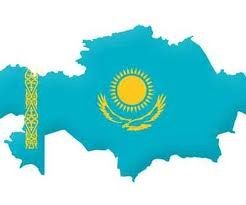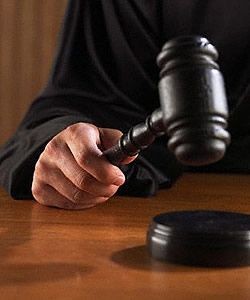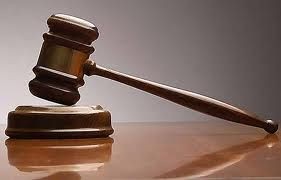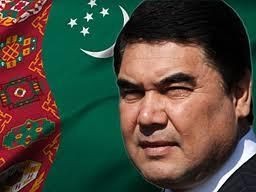BISHKEK (TCA) — In order to seize the property of foreign citizens and investors in Kyrgyzstan, some judges make illegal decisions in the interests of organized criminal groups. Such phenomena decrease the investment attractiveness of the state, block foreign investment and cause great damage to the country’s economy, Kyrgyz President Sooronbai Jeenbekov said at a meeting of the Judicial Reform Council on December 27. The Council discussed the implementation of the President’s decree on measures taken as part of the ongoing judicial reform and new bills in this area. From January 1, 2019, five new codes and two laws will come into force in Kyrgyzstan. The new codes provide for the introduction of new institutions such as the Unified Register, the investigating judge, the digitization of the investigative offices and courtrooms, and probation. Successful judicial and legal reform will directly depend on the work of these institutions. “People’s confidence in the judiciary will be restored,” the President said. He explained the peculiarities of the current reform. Earlier, the judicial and legal reforms were carried out separately while they will be implemented together from 2019. It is impossible to consider them separately, Jeenbekov added. Old-fashioned thinking On the President’s initiative, an expert working group was established to monitor the activities of the judicial and legal reform in May. “According to the WG, this work is still hampered by our old-fashioned thinking. Law enforcement and supervisory authorities do not want to abandon the old repressive laws, and some government agencies lack the political will to carry out the reform,” the President said. The Government and Parliament are late in adopting certain very relevant laws. The reform’s preparatory stage has been completed, and the time has come to work in the new legal space from January 1, 2019, he added. The reform should change the population’s attitude to the authorities, including the judiciary. “Our people waited for this reform for a long time. The revolutions of 2005 and 2010 occurred due to the lack of such reforms and because of corruption and injustice,” Jeenbekov said. Minor crimes When the codes come into force, the courts and investigators will have much more work. Not very serious crimes have been removed from the Criminal Code and transferred to the Code of Misdemeanors. They are not considered crimes now. The new code does not provide for the imprisonment of those who have committed minor crimes, the President explained. “For instance, the Сode imposes fines and correctional works for those who had stolen a bicycle, TV set, or a chicken. Sentences for certain types of crimes will be reduced. The society should educate criminals, but not just punish them,” he said. There is no practice of applying the new laws in the country. Therefore, law enforcement, control and judicial authorities, together with the monitoring working group, should analyze the practice of applying new laws, travel to all regions of the country and hold meetings. Unfair decisions People often complaint about the work of judicial and law enforcement...






